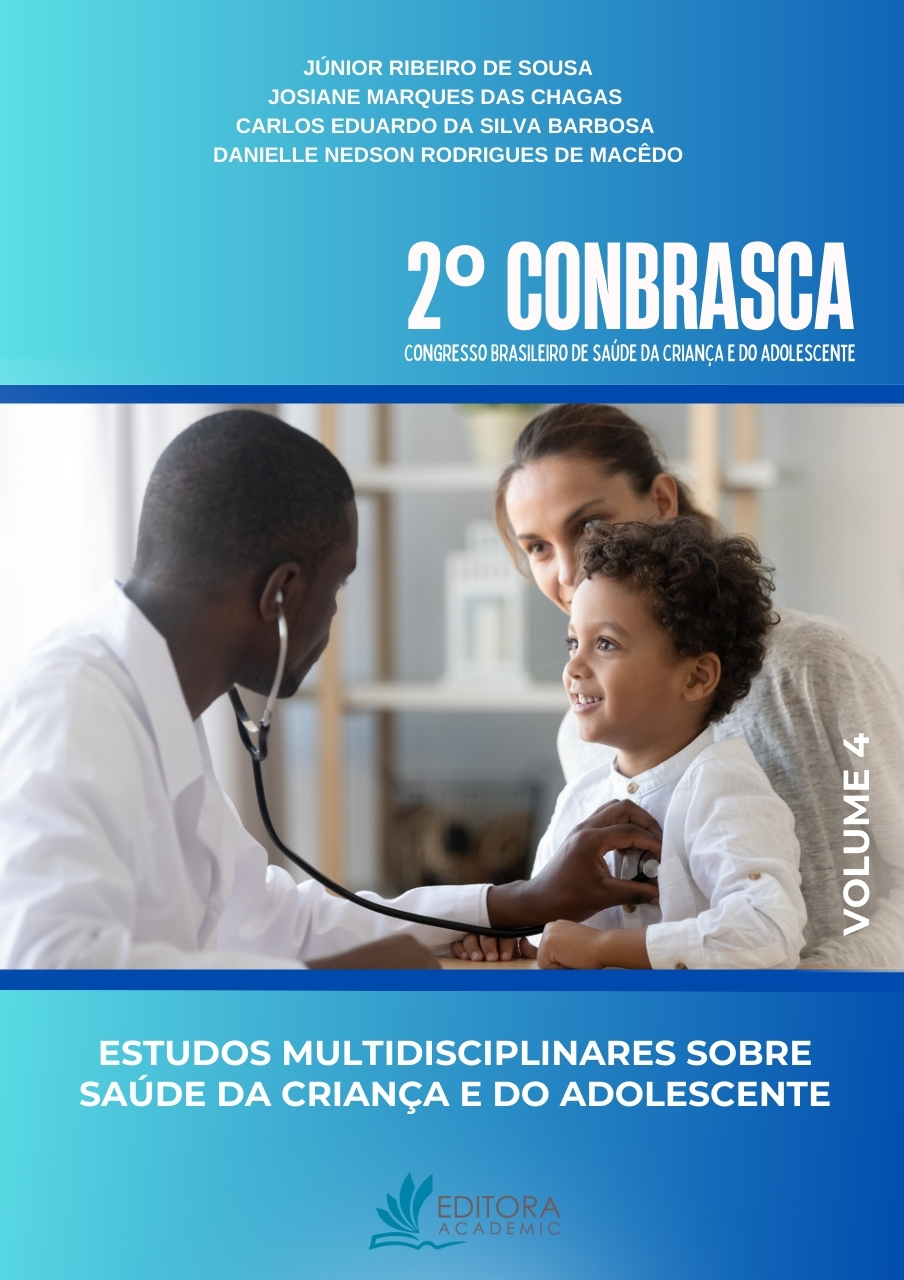
Objetivo: Identificar e sintetizar as evidências disponíveis na literatura acerca dos principais erros relacionados ao manejo da administração de medicamentos em situações de urgência e emergência pediátrica. Metodologia: Consiste em uma Revisão Integrativa da Literatura Científica, realizada de Novembro a Dezembro de 2023, com auxílio da estratégia PICO a questão norteadora foi formulada; seguido da segunda etapa para busca na literatura; passando para terceira etapa que é a categorização dos estudos; depois para quarta etapa na qual ocorreu a avaliação dos estudos incluídos na revisão; em seguida para quinta etapa com a interpretação dos resultados; e por fim na sexta etapa com a síntese do conhecimento. Resultados e Discussão: Os principais erros encontrados foram dosagens diferentes, uma dose calculada para um adulto pode ser muito alta para uma criança, o que pode afetar a absorção, metabolização e eliminação da droga, aumentando o risco de reações adversas .Considerações finais: O estudo pode trazer uma conscientização por parte dos profissionais de saúde para que possam contribuir para a realização de práticas mais seguras e humanizadas no ambiente do cuidado.